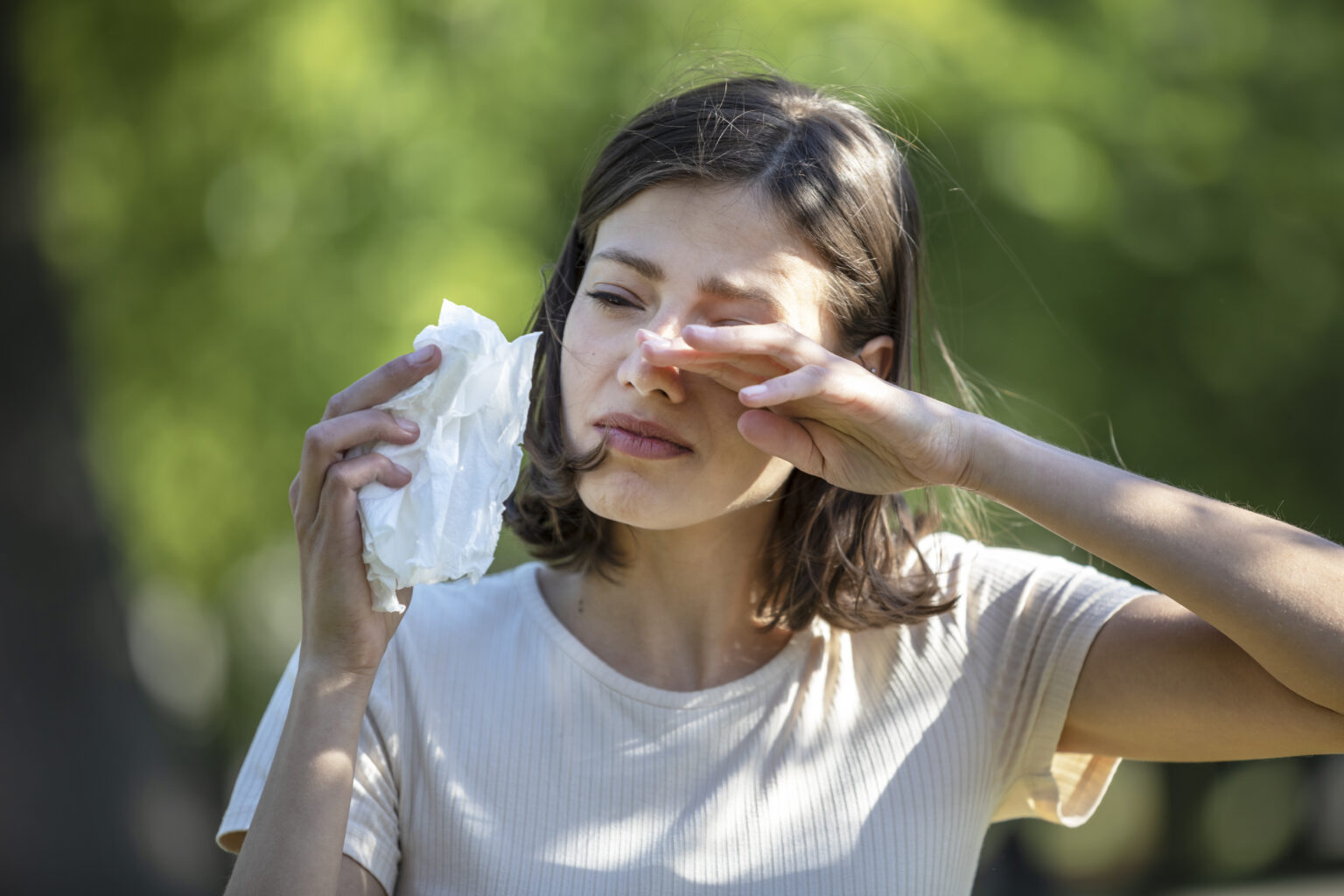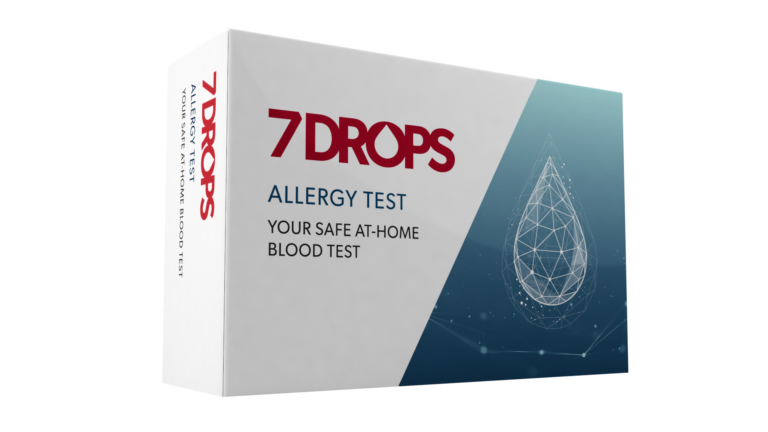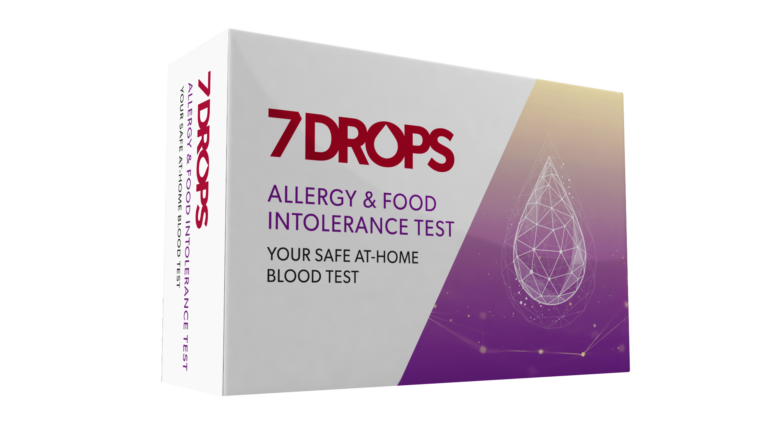We test them all
The 7DROPS allergy test covers 58 different pollens from grasses, trees and weeds and finds any hay fever triggers!
The 7DROPS allergy test covers 58 different pollens from grasses, trees and weeds and finds any hay fever triggers!
Acacia, Birch, Beech, Date Palm, Alder, Ash, Tree of God, Hazel, Japanese Cedar, Mulberry, Olive, Paper Mulberry, Poplar, Plane Tree, Elm, Walnut, Cedar, Cypress
Bahia grass, Dogtooth grass, Timothy grass, Rye, Reed, Pasture grass
Amaranth, Mugwort, Stinging Nettle, Glasswort, Hemp, Hemp (CBD), Saltweed, Ribwort, Ragwort, White Goosefoot


Pollen allergy (also known as allergic rhinitis or hay fever) is one of the most common forms of allergy in Europe. About 30 percent of adults and up to 27 percent of children are affected. Typical symptoms of hay fever include stuffy and congested noses, sneezing fits, conjunctivitis, ear infections and allergic asthma. Hay fever is a regionally varying disease that is strongly influenced by various environmental factors, especially local flora, weather, climate and air pollution.
So what causes hay fever symptoms in Europe? It depends on the time of year. In spring, tree pollens are the most common allergen sources that trigger hay fever in Europe – for example, alder, ash, aspen, beech and birch. In autumn, pollen from weeds such as mugwort are in high season.


Pollen calendars can be a useful tool for allergy sufferers as they predict the amount of pollen and the intensity of active allergens for each day. Based on the forecast, you can plan your outdoor activities accordingly during the pollen season.
For allergy patients, it is not possible to completely avoid contact with all pollen. Symptoms are usually treated with allergy medications such as antihistamines and nasal corticosteroid sprays. For some patients, allergen immunotherapy (AIT) is a possible long-term treatment that can prevent symptoms or at least reduce their severity. To find the best approach for your situation, we recommend that you discuss the results of your 7DROPS allergy test with an allergy specialist to find therapeutic measures tailored to your allergy triggers and symptoms.





